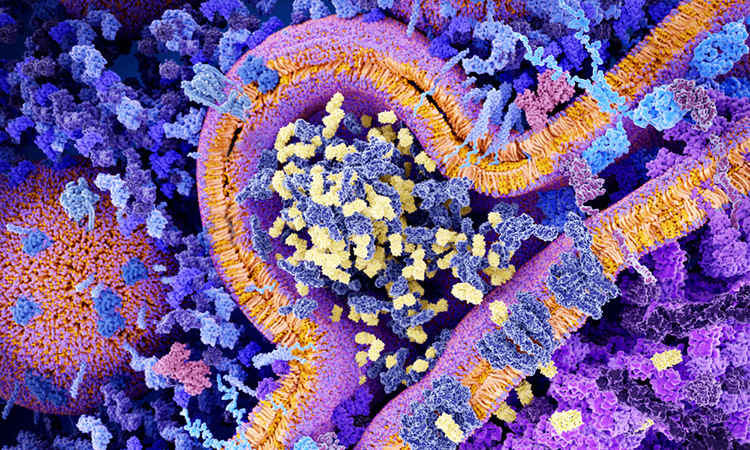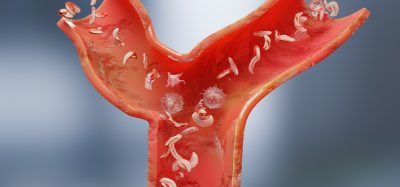Improving immunotherapy against brain cancer
Posted: 17 March 2023 | Izzy Wood (Drug Target Review) | No comments yet
US scientists suggest that anti-angiogenesis drugs could improve the function and delivery of CAR-T cell therapy.


New research led by investigators at Massachusetts General Hospital (MGH), US, and published in the Journal for ImmunoTherapy of Cancer, suggests that drugs that correct abnormalities in a solid tumour’s blood vessels can improve the delivery and function of CAR-T cell therapy.
A type of immune therapy called chimeric antigen receptor (CAR)-T cell therapy has revolutionised the treatment of multiple types of blood cancers but has shown limited efficacy against glioblastoma—the deadliest type of primary brain cancer—and other solid tumours.
“One of the main reasons that CAR-T therapy has failed to work well against solid tumours is that intravenously administered cells are only capable of migrating to either the invasive edges of a tumour, or only in limited areas of the tumour,” said senior author Dr Rakesh K. Jain, director of the E.L. Steele Laboratories for Tumour Biology at MGH.
“Also, tumours create an environment around them that is immunosuppressive, that protects them from CAR-T therapy and other anti-cancer treatments administered intravenously through the blood supply.”
The researchers previously showed that “normalising” tumour’s blood vessels with agents called anti-angiogenesis drugs, originally developed to inhibit the growth of new blood vessels, can improve the delivery and anti-cancer function of immune cells naturally produced by the body.
“Therefore, we sought to investigate if we could improve CAR-T cell infiltration and overcome resistance mechanisms posed by the abnormal tumour microenvironment by normalising glioblastoma blood vessels using an antibody that blocks an important angiogenic molecule called vascular endothelial growth factor (VEGF),” Jain explained.
Using state-of- the-art live imaging to track the movement of CAR-T cells into tumours in real time, the team found that treatment with an antibody against VEGF improved the infiltration of CAR-T cells into glioblastoma tumours in mice. The treatment also inhibited tumour growth and prolonged survival in mice with glioblastoma.
“Given that an anti-VEGF antibody—bevacizumab—has been approved for glioblastoma patients and that there are several CAR-T therapies being tested in patients, our results provide a compelling rationale for testing the combination of vascular normalising agents, such as anti-VEGF antibody, with current CAR-T therapies,” elaborated Jain.
“In addition, our approach may also improve CAR-T therapy against other solid tumours. Therefore, we plan to extend our research to other tumours.”
Related topics
Chimeric Antigen Receptors (CARs), Drug Development, Drug Repurposing, Targets, Therapeutics
Related conditions
Glioblastoma
Related organisations
Massachusetts General Hospital (MGH)
Related people
Dr Rakesh K. Jain








